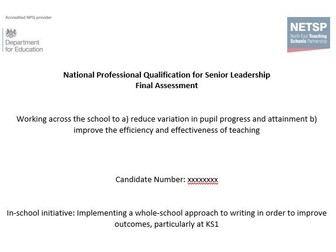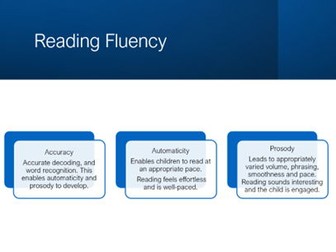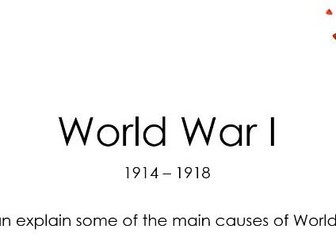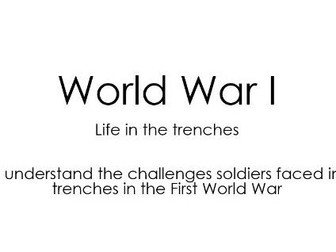NPQSL project submission and supporting docs (2020 NETSP, full marks awarded)
<p>My NPQSL project, plus all supporting documents, including business case, risk management register, communications plan, data.<br />
My project was relating to writing across school (primary), with a focus on KS1. However, this example should be useful to anyone undertaking the NPQSL, in terms of how to go about writing up your project.<br />
My project passed, with a score of 28/28.<br />
Some details redacted to protect anonymity of school.</p>



